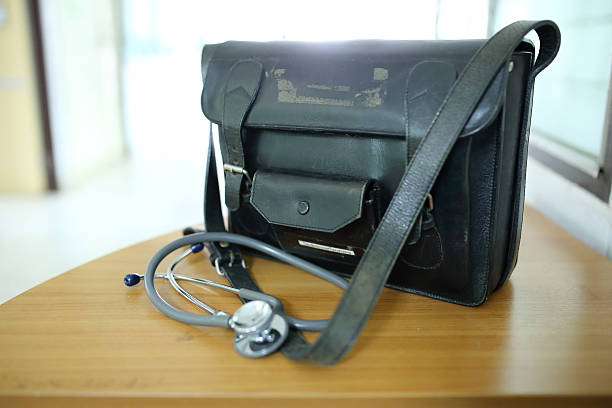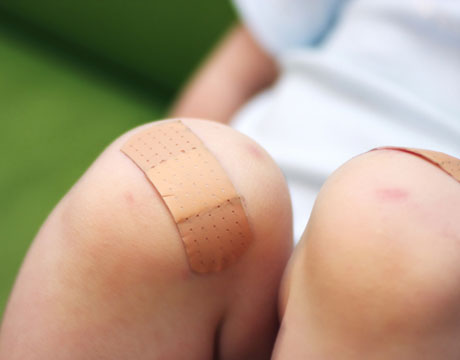
Starting up a business requires quite a
large amount of expenses for office equipment and supplies. On top of the
computers, printers, phones, and desks found in any other office, a medical
practice requires some specialized equipment for diagnosing and treating
patients. Here is an overview of the basic items needed for the standard
doctor's office…
1.
Furniture: Waiting, Exam, Office, and Filing
Every medical office has a waiting room, and this
room gives a patient their first impression of a practice. Chairs and tables
and maybe a few plants and magazine racks may not sound so important, but the
decor of the waiting room can do a lot to set a patient at ease during an
anxious time.
The next thing a patient sees is likely to
be the exam room, which also needs to appear professional yet soothing. Exam
room furnishings include an exam table, a chair or stool for the doctor, often
on wheels, and usually a chair for the patient's companion. There will also be
a counter and cabinets for supplies.
Depending on the practice, there may also
be a computer and large-screen monitor for a doctor to show the results of any
x-rays or scans to the patient.
Finally, medical offices require
specialized filing and storage solutions for patient documents. Depending on
the size of the practice, they can be quite elaborate and large. These involve
shelving systems and color-coded files for patient reports.
2.
Equipment
Every practice will have specialized equipment such
as toys and child-sized items for pediatricians, and fetal monitoring devices
for obstetricians. But most medical offices will require some basic diagnostic
tools. These can include thermometers, pulse oximeters, sphygmomanometers
(better known as blood pressure monitors), audiometers, and stethoscopes.
Larger equipment can include EKG machines.
Behind-the-scenes diagnostic equipment
often includes microscopes and slide preparation supplies for sample analysis.
More complex testing will usually occur at an offsite laboratory, but a small
laboratory within the office is good for quick reviews.
Modern offices prefer single-use tools for
a variety of purposes as they are more convenient and sterile. But some items
such as scalpels, speculums, and extractors need to be cleaned and sterilized
for reuse. This procedure involves the use of an autoclave and its associated
trays and water filtration system.
3.
Consumables
These include any supplies that need to be replaced
regularly, such as sterile gloves, paper exam gowns and covers for exam tables,
cotton swabs, gauze, tongue depressors, alcohol prep pads, sample containers,
chemical test strips, suturing equipment, syringes, disposable instruments, and
of course all the standard office, kitchen, and restroom supplies.
A medical office still must function as an
office. Finally, most medical offices carry first-aid products and medications,
usually for use within the office and not for dispensing to patients. Depending
on the practice, these can include antibiotic ointments, topical numbing
agents, hydrogen peroxide, and sterile solution.
Like any business, a medical office needs
to be well stocked and attractively furnished. It also needs to be prepared for
any emergency. A reliable source for medical office equipment and supplies is
essential to any practice. To keep a medical practice operating smoothly, contact
Supply Doctor for a wide variety of medical supplies and equipment.




